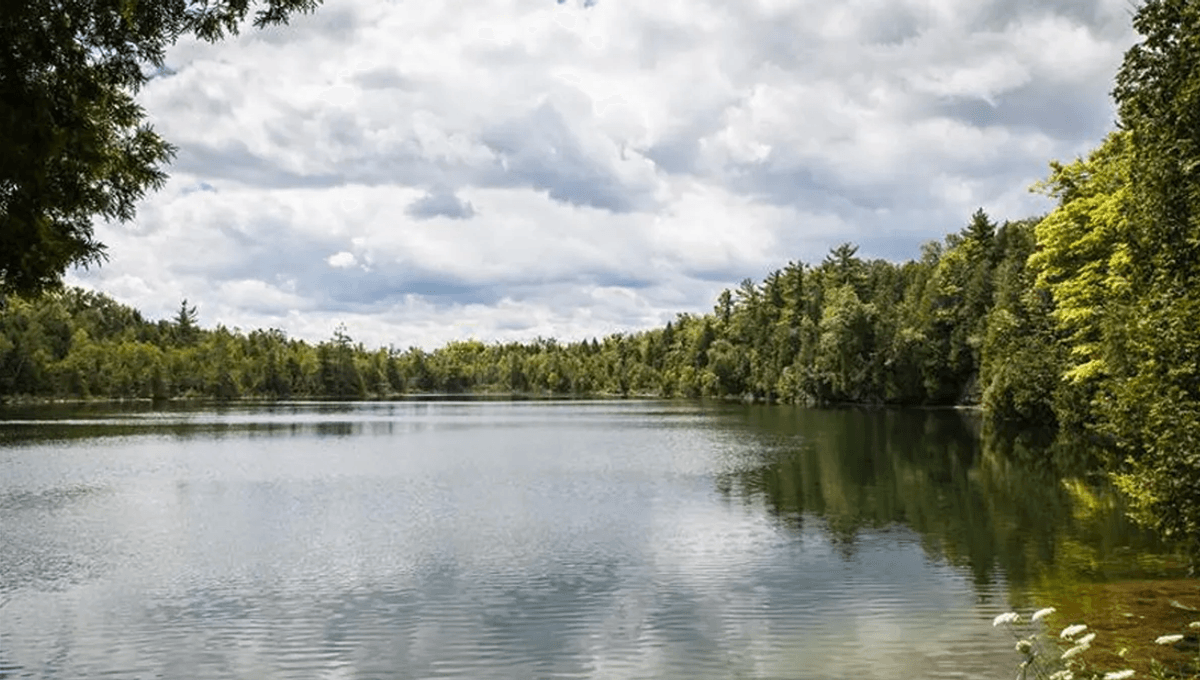
A committee of scientists has voted down a proposal to introduce a new geological age known as the Anthropocene, defined by humanity’s growing influence on our environment.
For over a decade, scientists have argued about whether or not we are living in a new geological epoch. Geologists separate time into geological eras based on distinct differences we see in rocks around the world.
Currently, as defined by geologists, we are living in the Holocene. This period began around 11,700 years ago, following on from the Last Glacial Period, or the last Ice Age. The Holocene is defined by human population growth, and changing our environment through agriculture.
In those 11,700 (ish) years, our influence on our environment has accelerated, in ways we can see in the geological record. For this reason, geologists have proposed defining a new epoch – the Anthropocene – from when this acceleration began. When it was first proposed in 2002 by atmospheric chemist Paul Crutzen, he suggested that it began during the Industrial Revolution.
“For the past three centuries, the effects of humans on the global environment have escalated. Because of these anthropogenic emissions of carbon dioxide, global climate may depart significantly from natural behaviour for many millennia to come,” Crutzen wrote in his paper, published in Nature.
“It seems appropriate to assign the term ‘Anthropocene’ to the present, in many ways human-dominated, geological epoch, supplementing the Holocene – the warm period of the past 10–12 millennia. The Anthropocene could be said to have started in the latter part of the eighteenth century, when analyses of air trapped in polar ice showed the beginning of growing global concentrations of carbon dioxide and methane.”
Since then, however, the Working Group on the Anthropocene suggested that the new period should begin around 1950. The working group agreed that there had been an acceleration in our influence on the planet, which can be found in the geological record.
“Phenomena associated with the Anthropocene include: an order-of-magnitude increase in erosion and sediment transport associated with urbanization and agriculture; marked and abrupt anthropogenic perturbations of the cycles of elements such as carbon, nitrogen, phosphorus and various metals together with new chemical compounds; environmental changes generated by these perturbations,” the group writes on the Quaternary Stratigraphy website, “including global warming, sea-level rise, ocean acidification and spreading oceanic ‘dead zones’; rapid changes in the biosphere both on land and in the sea, as a result of habitat loss, predation, explosion of domestic animal populations and species invasions; and the proliferation and global dispersion of many new ‘minerals’ and ‘rocks’ including concrete, fly ash and plastics, and the myriad ‘technofossils’ produced from these and other materials.”
However, they suggested the beginning of this period should be around “the great acceleration” as our pollution of the planet accelerated, and nuclear bomb tests left traces of radioactivity in sediments in Crawford Lake in Ontario, Canada.
At a recent meeting of the Subcommission on Quarternary Stratigraphy, naming this period the Anthropocene was rejected by a vote of 12 to four, with two abstentions. Though geologists agree that humans’ influence on the planet has accelerated, there are a few reasons why the proposal may have been rejected.
“Our last boundary, between the Holocene and the Pleistocene, was almost one-third of this planet being covered by ice,” Joe Desloges, professor in the geography and Earth sciences departments at the University of Toronto, told CBC News, adding that people are skeptical about how long-lasting the radioactive sediment will be on the geological record. “The sheer magnitude and scale of that tends to be what people are looking for when they define these boundaries.”
The issue of when this new era began was potentially a sticking point.
“If there is one main reason why geologists rejected this proposal, it is because its recent date and shallow depth are too narrow to encompass the deeper evidence of human-caused planetary change,” Erle C. Ellis, Professor of Geography and Environmental Systems at the University of Maryland, wrote in a piece for The Conversation. “As geologist Bill Ruddiman and others wrote in Science Magazine in 2015, ‘Does it really make sense to define the start of a human-dominated era millennia after most forests in arable regions had been cut for agriculture?'”
Though it has been rejected – for now – as a new geological epoch, the term still remains useful. It remains a geological event, with clear marks in the geological record, despite not being given its own epoch.
Source Link: Geologists Conclude We Are Not Living In The Anthropocene – For Now